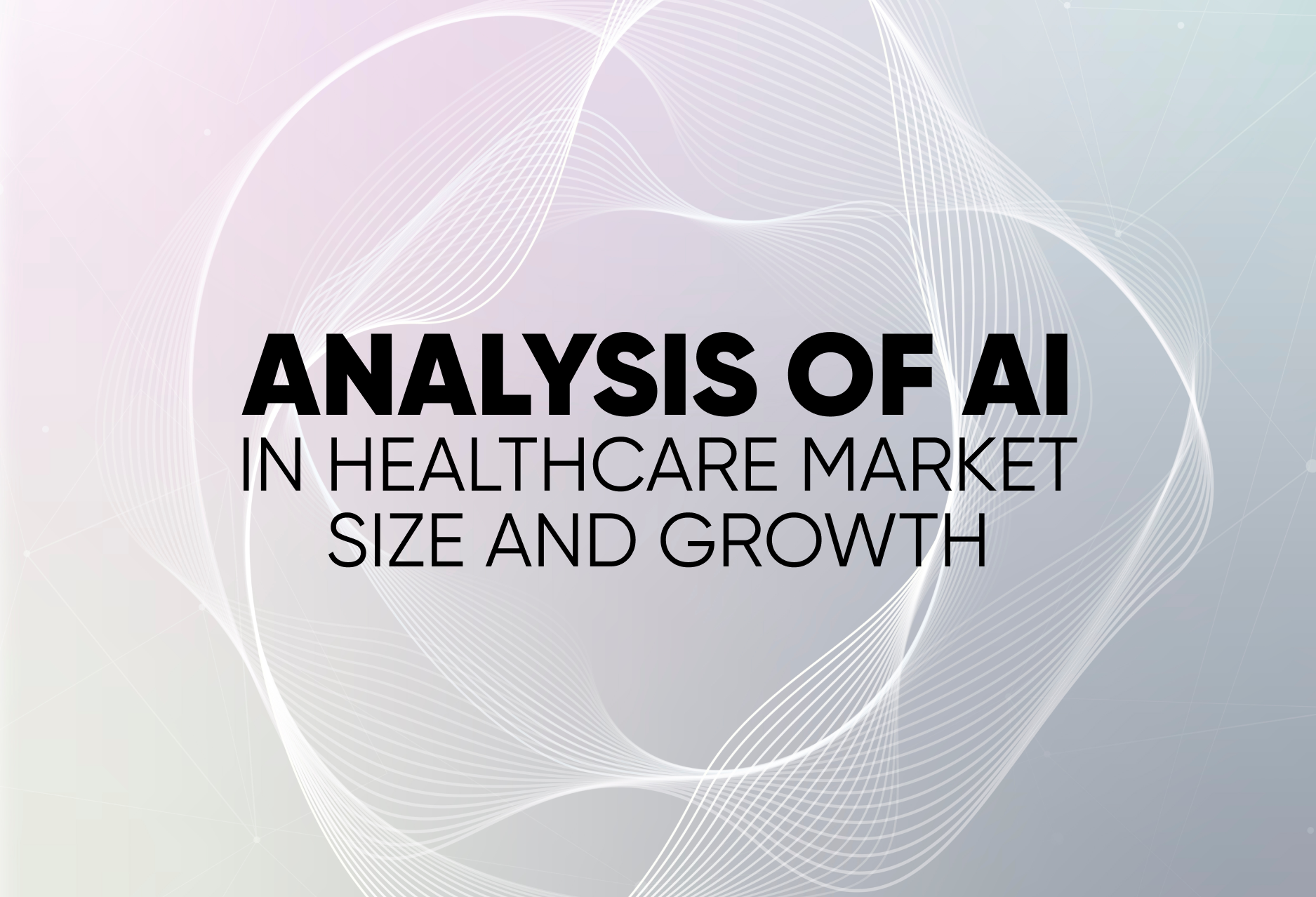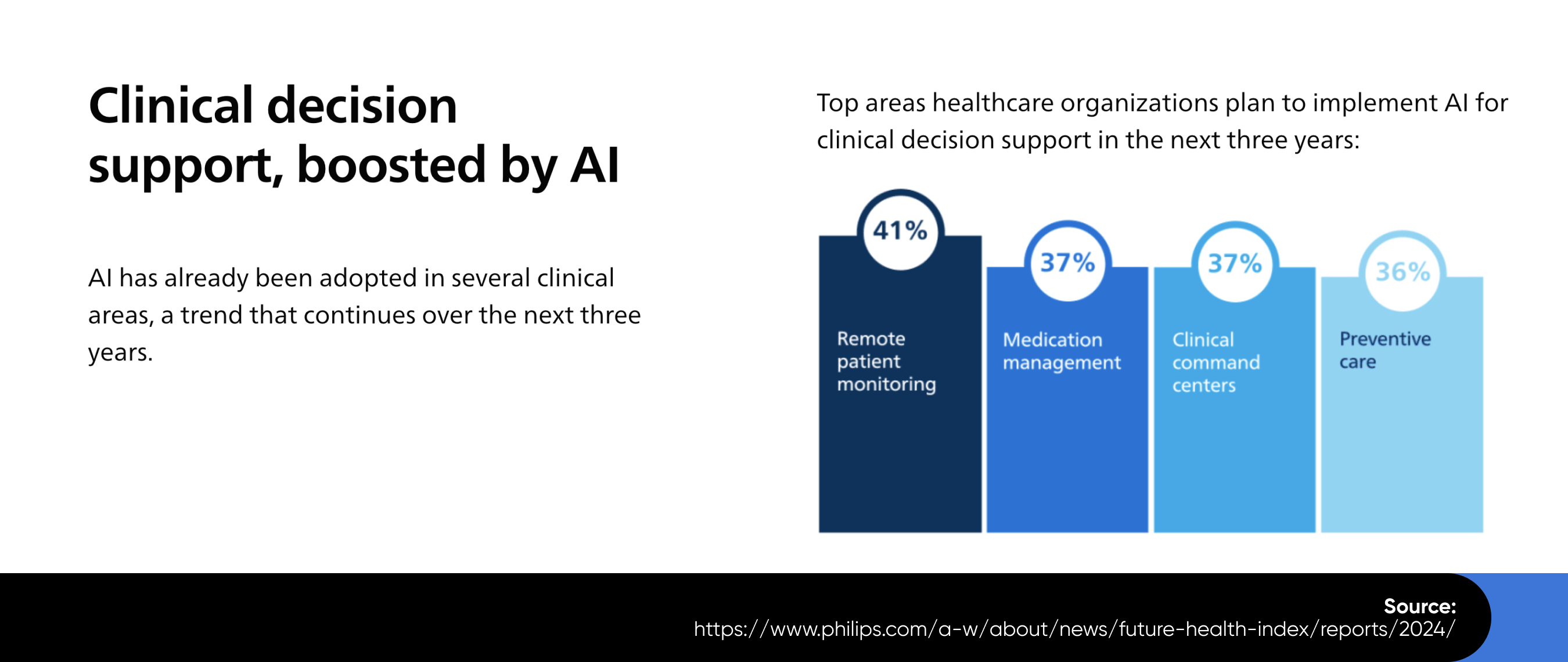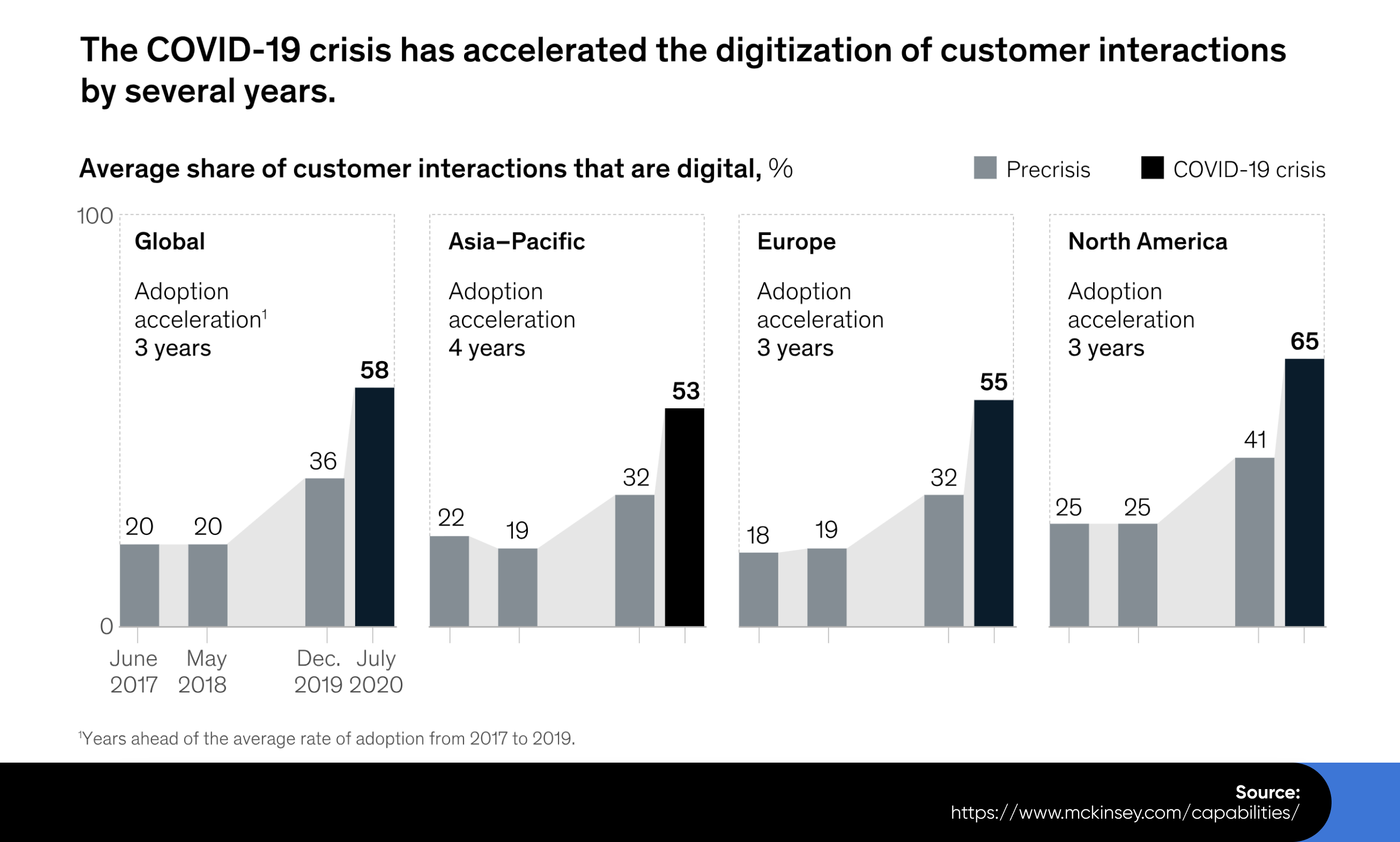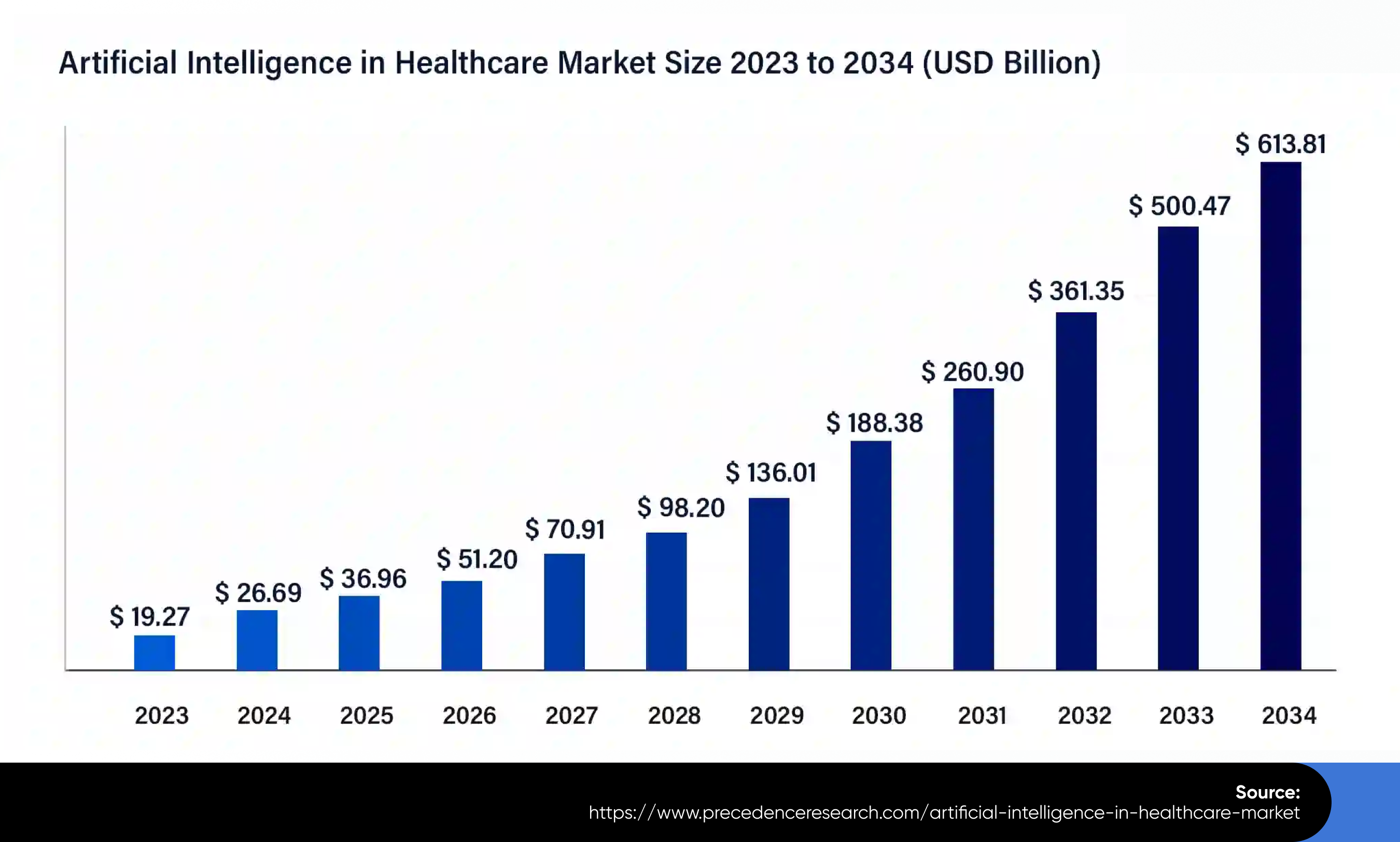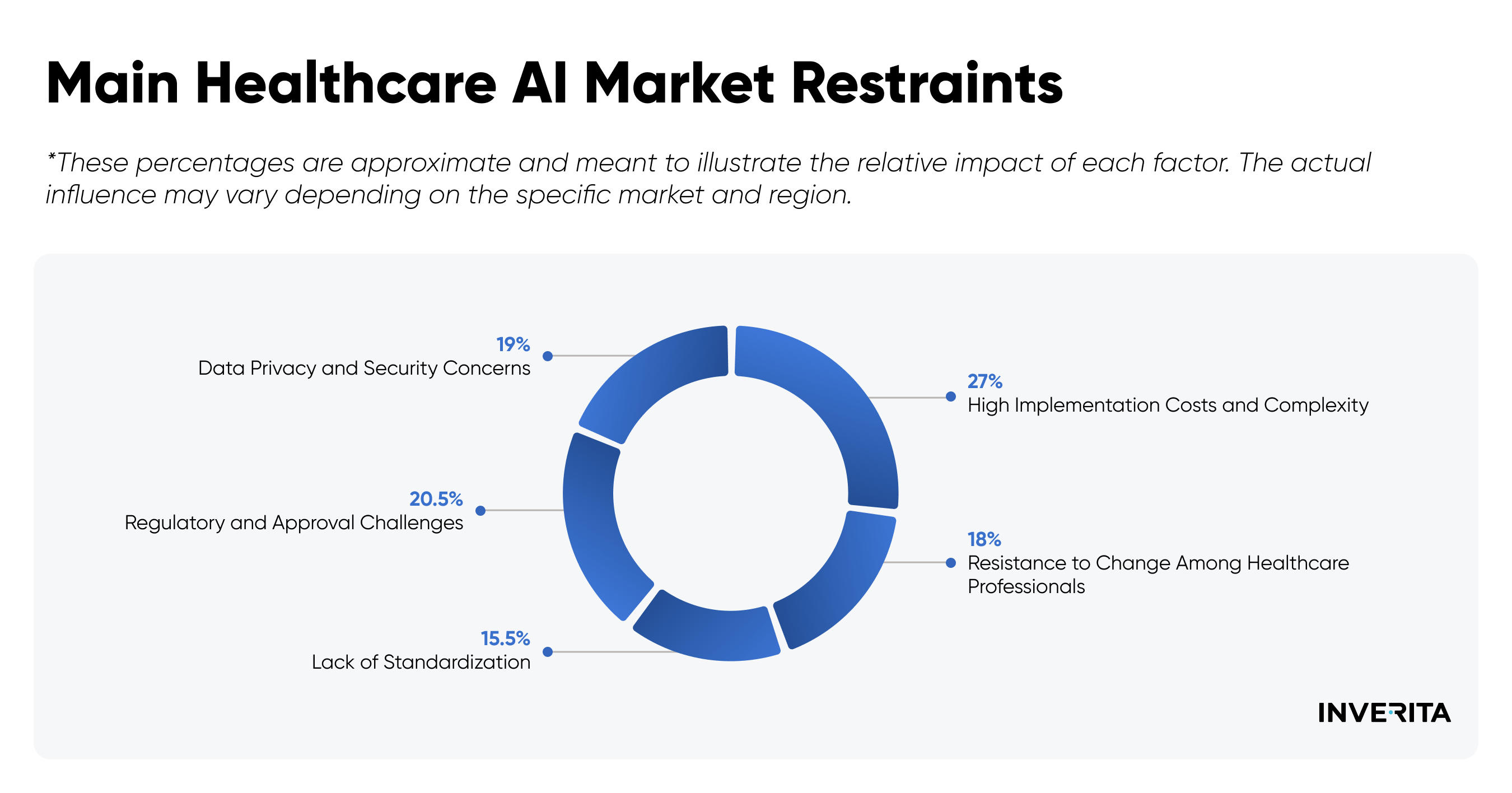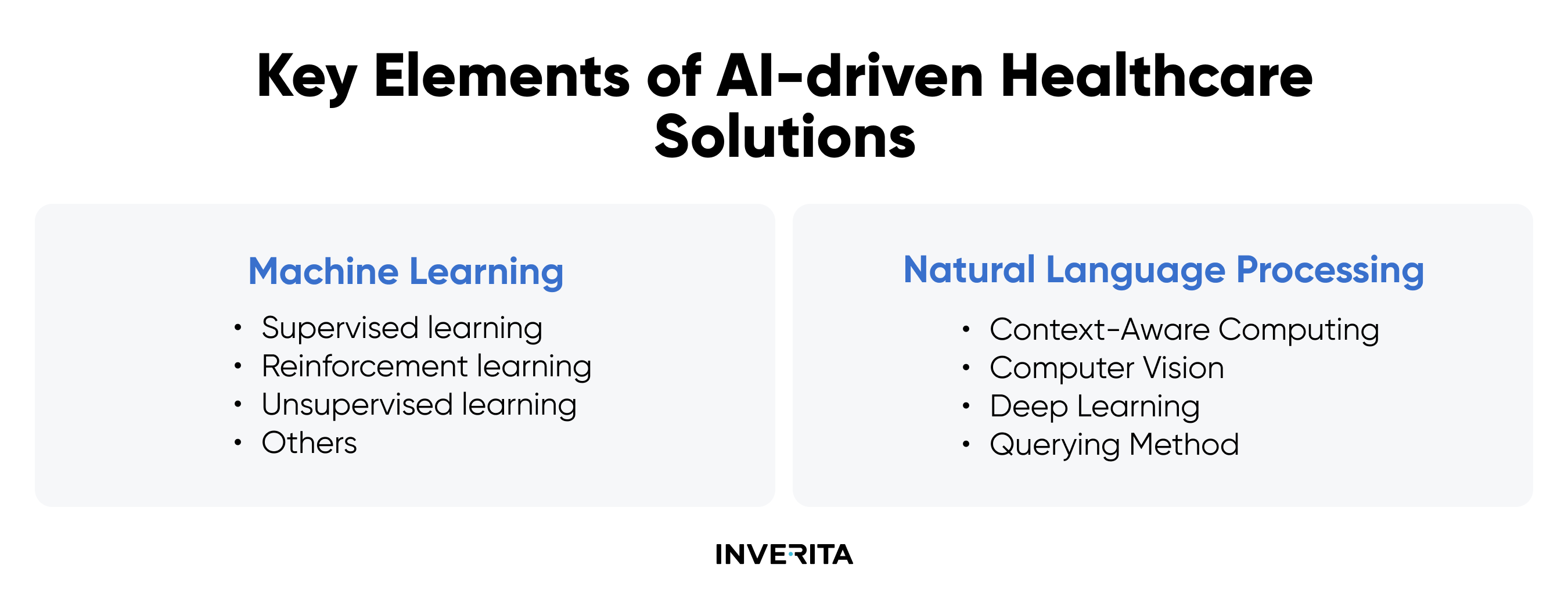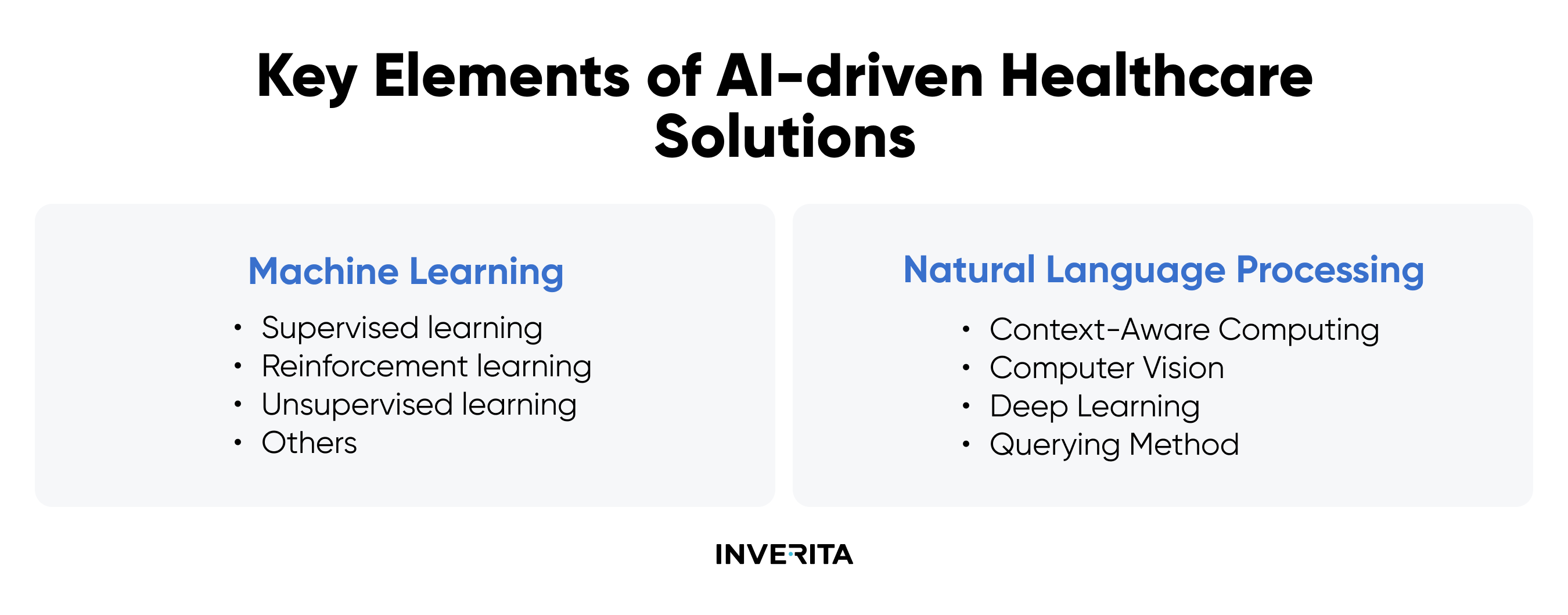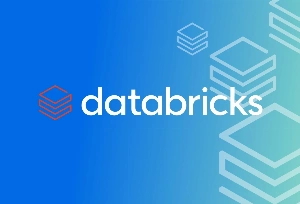By Application
By application, the medical AI market is categorized into robot-assisted surgery, virtual assistants, administrative workflow assistants, connected machines, personal health and nursing assistants, cybersecurity, drug discovery, clinical trials segments, and many others. The robot-assisted surgery segment was dominant in 2024 due to the boosting technological advancements.
The preliminary diagnostics segment is expected to grow significantly in upcoming years; the positive results of AI-powered diagnostics tools increase the demand for such solutions and allow AI technology providers to tap into full market potential.
The dosage error reduction segment is projected to experience the highest CAGR of 40.0% by 2030.
By End-User
Based on the end-user, the market is categorized into healthcare providers, pharmaceutical & biotechnology companies, patients, and healthcare payers.
Hospitals and clinics held the major healthcare market share in 2024 and are projected to be a dominating segment in the next years. AI adoption among healthcare providers is accelerating due to its ability to analyze vast amounts of patient data, enabling more accurate disease diagnosis and personalized treatment plans. Additionally, AI-driven solutions automate routine tasks, such as scheduling, billing, and medical documentation, allowing healthcare professionals to allocate more time for patient care.
Another key factor is the need to optimize productivity while managing company financials. Artificial intelligence technologies, including predictive analytics, robotic-assisted surgeries, and advanced diagnostic tools, reduce human errors and improve overall healthcare organizational efficiency.
AI Healthcare Market Ecosystem
The AI healthcare market is expanding at a rapid pace as demands are evolving, technology is advancing, and healthcare organizations are recognizing the value of medical AI-driven solutions. This competitive landscape has numerous big players leading in innovation and engaging in strategic partnerships, mergers, and acquisitions to strengthen their market presence.
Regional companies and new players make the competition intense with cost-effective, technology-driven solutions customized for local markets. Besides, the latest AI technology advancements, particularly in medical imaging analysis, predictive analytics, and personalized treatment planning, are fueling the AI in healthcare market size growth.
Market Structure and Key Players
- Google is establishing its life science brand, focusing on AI across multiple healthcare domains. Its AI company DeepMind Technologies Limited is among the key market players. Google provides AI-driven solutions for pharmaceutical R&D, medical imaging, and radiology. Additionally, it is exploring AI applications in healthcare search and the analysis of unstructured medical data.
- Microsoft stands out as a health IT service leader. Their Azure Cloud is the top platform for enterprises' provider-focused software.
- Amazon offers a HIPAA-compliant cloud service designed for healthcare data processing. The company also focuses on AI-driven precision medicine, medical supply chain, healthcare insurance, and care delivery.
- Apple dominates the wearable device market, with the iPhone and Apple Watch capability to collect patient health data for AI-powered processing. Additionally, the Apple Health app provides an integrated patient-doctor interface and a range of functionalities through the iPhone.

